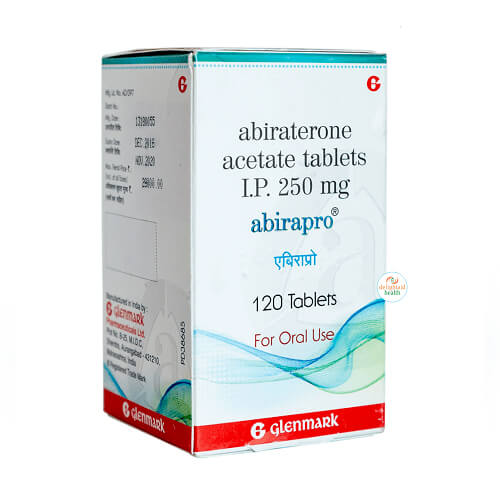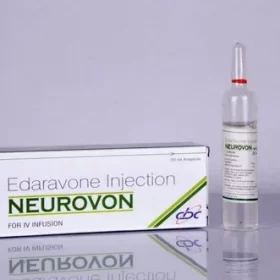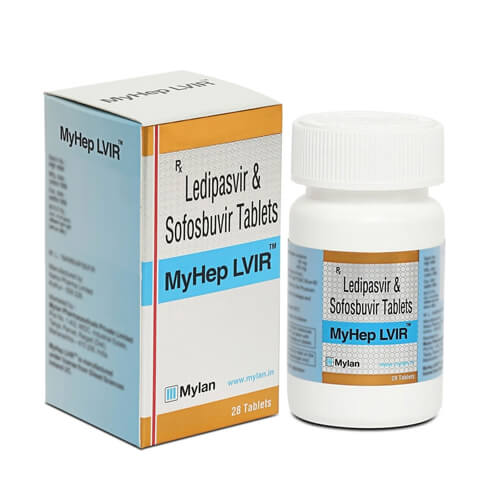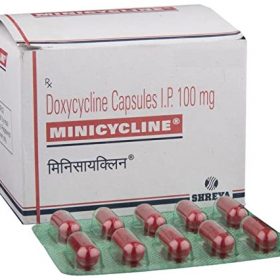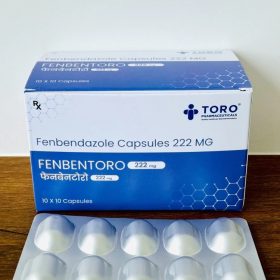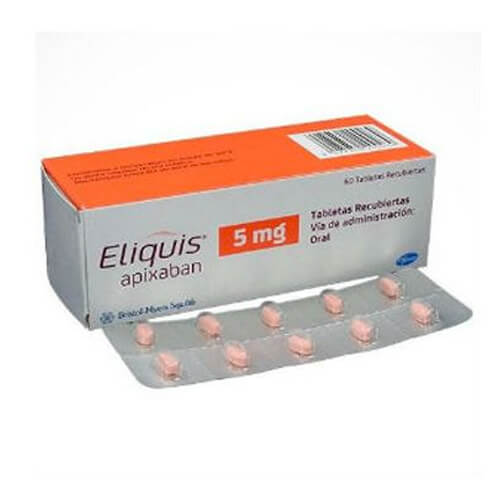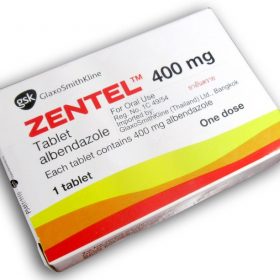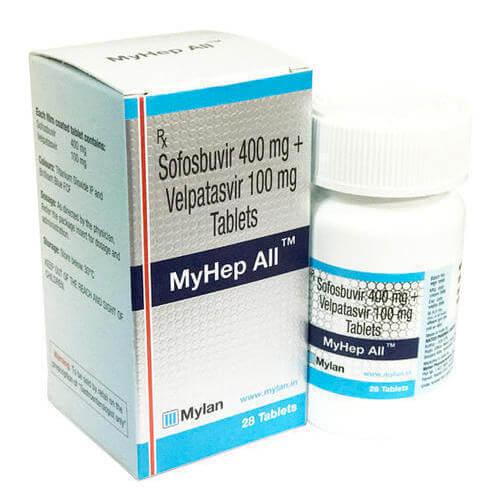- Your cart is empty
- Continue Shopping

Product
Abiraterone acetate, sold under the brand name Zytiga among others, is a medication used to treat prostate cancer. Specifically, it is used together with a corticosteroid for metastatic castration-resistant prostate cancer (mCRPC) and metastatic high-risk castration-sensitive prostate cancer (mCSPC). It should either be used following removal of the testicles or along with a gonadotropin-releasing hormone (GnRH) analog. It is taken by mouth.
Common side effects include tiredness, vomiting, headache, joint pain, high blood pressure, swelling, low blood potassium, high blood sugar, hot flashes, diarrhoea, and cough. Other severe side effects may include liver failure and adrenocortical insufficiency. In males whose partners can become pregnant, birth control is recommended. Supplied as abiraterone acetate it is converted in the body to abiraterone. Abiraterone acetate works by suppressing the production of androgens – specifically it inhibits CYP17A1 – and thereby decreases the production of testosterone. In doing so, it prevents the effects of these hormones in prostate cancer.
Abiraterone acetate was described in 1995, and approved for medical use in the United States and Europe in 2011. It is on the World Health Organization’s List of Essential Medicines, the safest and most effective medicines needed in a health system. The medication is marketed widely throughout the world.
Abirapro 250 mg (Abiraterone acetate) belongs to a group of hormonal therapeutics utilized against prostate cancer in adults. Abirapro 250 mg (Abiraterone acetate) is indicated in prostate cancer patients wherein other chemotherapeutic options have failed. Additionally, it is specified in asymptomatic patients where other hormonal therapies were unsuccessful and chemotherapy was not employed.
Abirapro 250 mg (Abiraterone acetate) targets the unnecessary production of testosterone (a male hormone) used in cancer cell growth. It inhibits the testosterone triggering proteins (CYP17A1 enzyme), thereby decreasing the cancer toll on the body. Abirapro 250 mg (Abiraterone acetate) is administered orally without food. 4 tablets of 250 mg (1000 mg) once daily are taken along with 5 mg prednisone twice daily. When used together, Abirapro 250 mg (Abiraterone acetate) impart advantages like,
- Lowers the antigen growth that stimulates prostate cancer
- Keeps prostate cancer under control
- Rectifies hypertension as a side-effect
- Induces hunger for a stable diet
- Increases duration of life-span
- Delays or rectifies common symptoms such as pain and tiredness
General warnings associated with Abirapro 250 mg (Abiraterone acetate):
- Avoid food for at least 2 hours prior and 1 hour after the dose
- Avoid crushing or swallowing tablets without water
- Avoid grapefruit juice as it triggers unwanted side-effects
- Avoid having intercourse or use condom whenever necessary for 1st week after treatment
Side-effects associated with Abirapro 250 mg (Abiraterone acetate):
Serious side-effects:
- High blood pressure (Hypertension)
- Low levels of potassium in the blood (Hypokalemia)
- Retention of fluid (Edema)
Common side-effects:
- Tiredness
- Pain in the joints
- Nausea
- Swollen legs
- Feeling uncomfortably hot (Hot flush)
- Diarrhea
- Vomiting
- Infected nose, sinuses, or throat (Cold)
- Cough
- Headache
- Low red blood cells (Anemia)
- Discomfort in muscles
- Indigestion
- Shortness of breath (Dyspnea)
- Upper respiratory tract and urinary tract infection
Laboratory side-effects:
- Low levels of phosphate (Hypophosphatemia)
- Decreased count of RBCs in the blood (Anemia)
- High levels of fat molecules (triglycerides) (hypertriglyceridemia)
- Increased volumes of cholesterol (hypercholesterolemia), and sugars (hyperglycemia)
Note: Abirapro 250 mg (Abiraterone acetate) might show other side-effects as well. Refer your healthcare provider for more updates regarding the drug.
Other clinical warnings associated with Abirapro 250 mg (Abiraterone acetate):
There are certain conditions wherein doctors need to be informed. These conditions include,
- Heart diseases/failure
- Arrhythmia (Carry out blood tests every month)
- Complications of the liver (Hepatoxicity) with symptoms like yellow coloured skin and eyes, dark coloured urine, severe nausea and vomiting
- Reduced density of bones
- High amounts of stress
- Absence of potassium in the system (Adrenocortical insufficiency)
- Embryo-fetal toxicity

